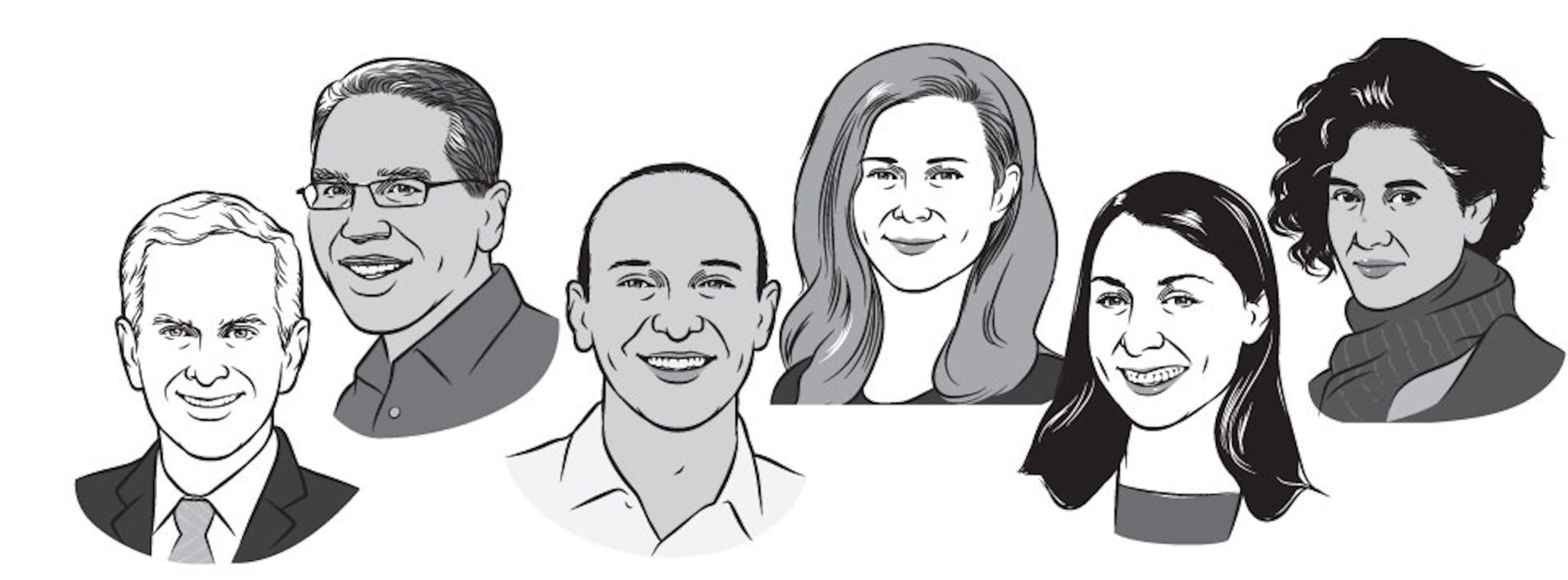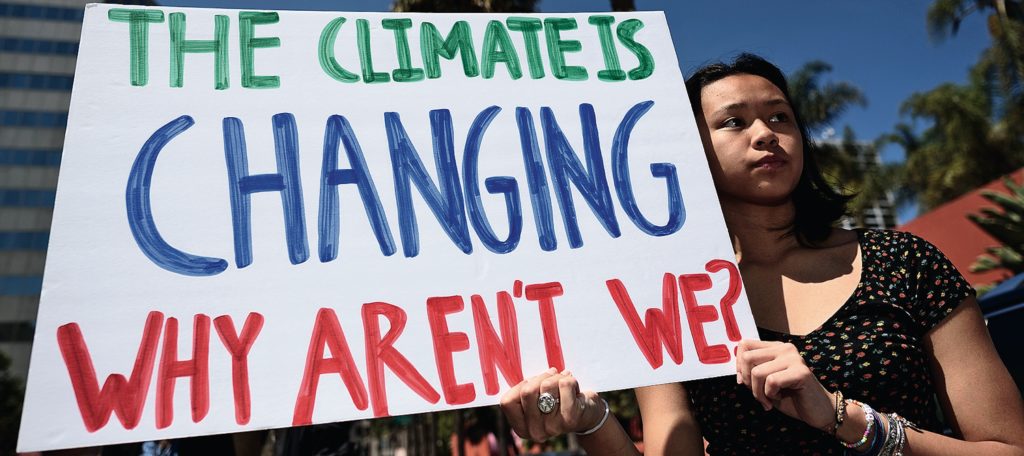Among his many roles, renowned climate scientist William Collins directs Berkeley Lab’s Carbon Negative Initiative, which pioneers basic science to speed development of negative emission technologies (NETs) designed to remove excess carbon dioxide from the atmosphere. The work is essential if the world is going to limit warming to 1.5 degrees Celsius as the Intergovernmental Panel on Climate Change (IPCC), of which Collins is a member, warns we must. NETs are not necessarily high-tech. One effective method Cal scientists have explored: soil amendments. For example, large-scale applications of compost to cropland and livestock ranges have been shown to greatly increase their carbon uptake.
Associate Adjunct Professor Patrick Gonzalez, Ph.D. ’97, was a lead author for several IPCC reports, including a chapter in a Sixth Assessment report issued this year. A forest ecologist, Gonzalez focuses on climate change action and remedies. In a report to the California Natural Resources Agency titled “Expanding Climate Action Through Nature-Based Solutions,” Gonzalez and co-authors urged such measures as expanding urban tree canopies to moderate heat island effects, preserving forests as carbon sinks, and using prescribed and cultural burns to better manage wildfires. In 2021, Gonzalez joined the White House Office of Science and Technology Policy, where he advises the Executive Office on science relating to climate policy.
The Climate Impact Lab brings together climate scientists, economists, data engineers, and risk analysts to quantify the global impacts of climate change in every sector. Professor Solomon Hsiang, co-founder and co-director of the lab, uses mathematical models to research how society and the environment influence each other. His work has shown how—and by how much—warming exacerbates mortality rates, civil conflict, and inequality. Hsiang has said that climate change “may result in the largest transfer of wealth from the poor to the rich in [U.S.] history,” as poorer southern counties suffer and wealthier northern counties realize gains from warming. In 2013, Hsiang won the first-ever Science for Solutions Award from the American Geophysical Union.
Offshore oil rigs and ocean ecosystems would seem to be natural enemies, but Amber Sparks ’11 and partner Emily Hazelwood hope to change that perspective through their project Rigs-to-Reefs, which researches how the underwater structure of oil platforms serves as essential habitat for fish and other marine life. Although controversial, the project endeavors to help oil companies successfully decommission their offshore rigs in a way that will help, not harm, the species that call these steel colossi home. In 2018, Sparks and Hazelwood were recognized in Forbes magazine’s 30 Under 30 list in the energy sector.
Many local governments struggle to be heard when it comes to addressing climate change. Diana Madson ’09 sought to remedy that when she founded The Mountain Pact in 2014. Her nonprofit has helped educate and organize more than 80 climate-vulnerable mountain communities in the American West to give them a collective voice in federal policy discussions around climate change, public lands, and recreation. Today, Madson is managing principal at environmental consultancy Hua Nani Partners. For years, she was a regular contributor to Yale Climate Connections, where she wrote on such topics as wineries adapting to smoke from wildfires, zoos converting animal waste to electricity, and how seaweed might reduce methane emissions from cattle ranching.
As the international climate reporter for the New York Times, Somini Sengupta ’88 tells the stories of those most vulnerable to the effects of a warming world. The veteran foreign correspondent and winner of the prestigious George Polk Award for journalism admits it’s a depressing beat. As she told a Cal audience in 2019, “Not everyone’s going to want to read my stories. It’s not very cheerful, as you’ve noticed. But I’m still going to write those stories, because that’s what we do as journalists.” Since February, Sengupta has helmed the Times’s newsletter Climate Forward.



















